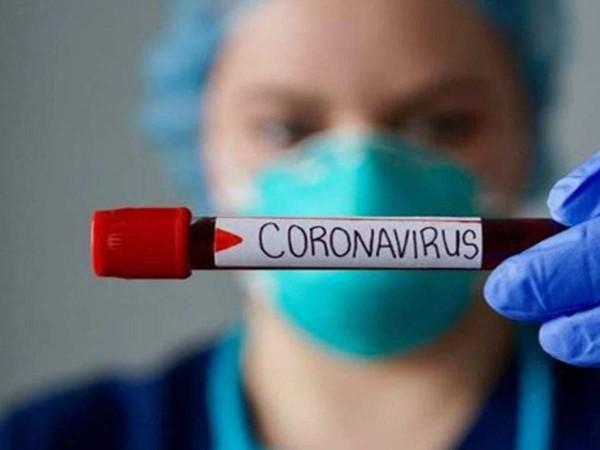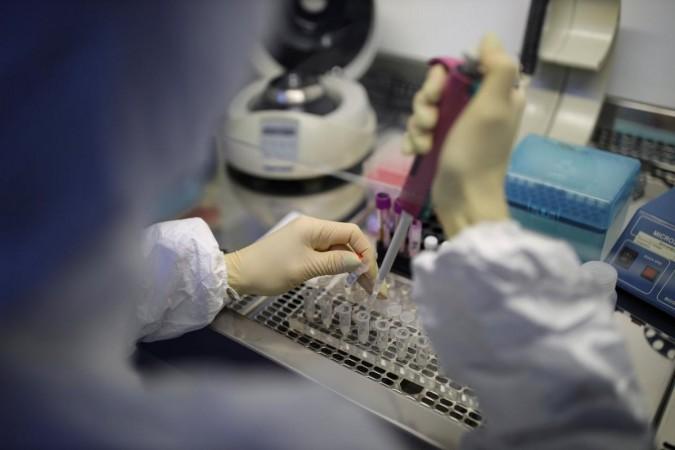Putting an end to the ongoing mystery surrounding Covid-19 immunity, scientists from the Korean Centers for Disease Control and Prevention (KCDC) studied 285 Covid-19 survivors who recovered after their illness with a previous negative test result. They were found positive once again at a later date.

The good news is that those who contracted Covid-19 again for the second time in a row, do not spread any lingering infection. The virus samples collected from these early Covid-19 survivors couldn't be grown in culture, thus indicating that the patients were shedding non-infectious or dead virus particles. The recovered patients were tested positive again because the diagnostic polymerase chain reaction (PCR) test, identified dead viral matter falsely as an active Covid-19 infection.
After tracing the close contacts of these 285 individuals, the KCDC found zero new cases of infection among 790 close contacts of the earlier Covid-19 infected people. The findings conclude that Covid-19 survivors after recovery need not be home quarantined for further two weeks after release from the hospital, as they are not infectious nor threatening to other human lives.
great news for global nations seeking Covid-19 recovery
This is a positive sign for nations affected by the pandemic sickening at least 4.8 million people, easing lockdown in the days and opening markets. The emerging evidence from South Korea suggests clearly that those who have recovered from coronavirus, show no risk of spreading the coronavirus again, even when physical distancing measures are relaxed in the regions.
This result would mean that people who recovered from Covid-19 earlier are not dangerous human carriers known for transmitting the disease, even if contracted with the virus at a later date. Earlier last month, the PCR tests couldn't distinguish between the dead and viable virus particles, thus potentially providing the wrong impression that someone who tests positive for the virus continues to remain infectious throughout.

Antibody testing that looks for markers in the blood indicating exposure to the novel coronavirus, but experts have no solid proof on the same yet. This research could perhaps aid the debate over antibody testing. Another study in Singapore found that patients who recovered from SARS (severe acute respiratory syndrome) have significant levels of neutralizing antibodies, nine to 7 years after the initial infection, according to researchers.
Also, many other scientific studies suggest that higher levels of IgM, an antibody in response to exposure to an antigen, is found at higher levels in younger populations and hence they have more potent defence mechanisms against Covid-19.
Protocols revised in South Korea to resume normalcy in workings
As a result of this study, authorities in South Korea have revised protocols stating that people are not required to test negative for the virus before returning to work or school after they have recovered from their illness, and completed their period of isolation.

The Korean CDC in a report stated, the re-positive cases of Covid-19 recovered patients earlier, will now be referred to as "PCR re-detected after discharge from isolation." Some coronavirus infected patients have been tested positive again for the virus up to 82 days after successful recovery and period of isolation.
Most cases for which blood samples have been collected indicate that they have antibodies in defense against the virus and hence these people are not dangerous for the spread of the virus again. The South Korean CDC findings could bring a sense of breather for determining survivor immunity, which the U.S. Center for Disease Control and Prevention is still trying to understand.
How long does the immunity last and work in patients contracting coronavirus again?
While it is important to understand how the immunity works, and how long the immunity lasts, which is a key to reopening global markets. If people who have successfully recovered from Covid-19 possess antibodies later, that would stave off any new Covid-19 infection to become immune for some extended period of time - it is important to determine how long the immunity lasts.

Also, this means people can be around in public places much like before the coronavirus pandemic struck. The concept of herd immunity, a phenomenon that occurs when a large majority of a population is immune to the virus, has been under discussion and debate for long to decide on economic reopening.
Researchers believe the patients re-infected were shedding dead virus particles, and this finding is particularly a relief to global economies struggling to find means and measures to safely reopen - an idea was later suggested by Korea to perhaps issue 'immunity passports' or 'risk-free certificates' to people who were infected with the virus earlier but later tested negative, and then tested positive at a later date again on contracting the virus.
The second wave of Covid-19 to those infected earlier, is not as dangerous as the first time, as it does not transmit in the air and hence people's movement needn't be restricted. As of currently, there is no evidence to prove that people who have recovered from COVID-19 earlier, have antibodies in defense to protect them from the virus for the second time.









!['Had denied Housefull franchise as they wanted me to wear a bikini': Tia Bajpai on turning down bold scripts [Exclusive]](https://data1.ibtimes.co.in/en/full/806605/had-denied-housefull-franchise-they-wanted-me-wear-bikini-tia-bajpai-turning-down-bold.png?w=220&h=138)



